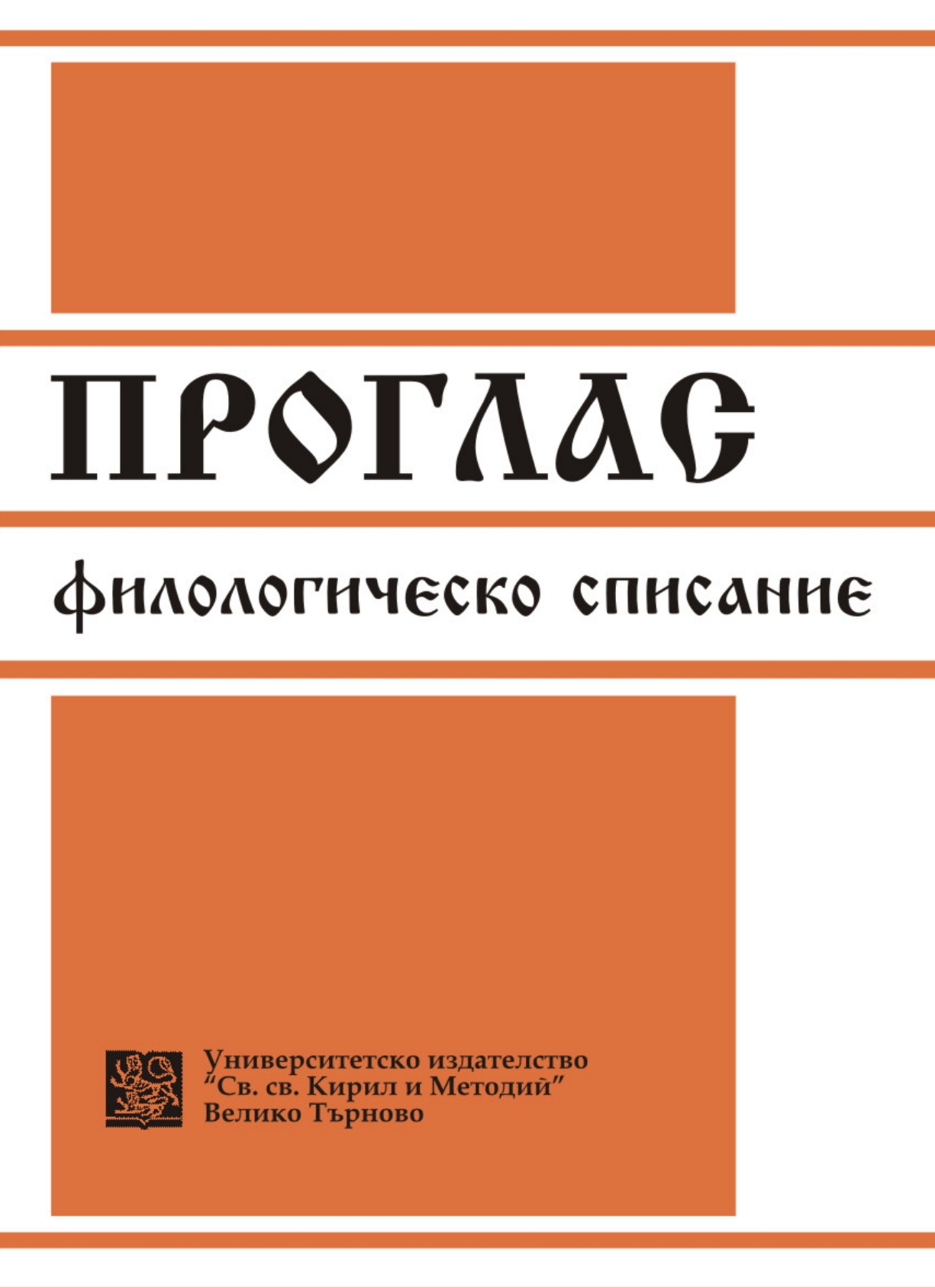
We kindly inform you that, as long as the subject affiliation of our 300.000+ articles is in progress, you might get unsufficient or no results on your third level or second level search. In this case, please broaden your search criteria.

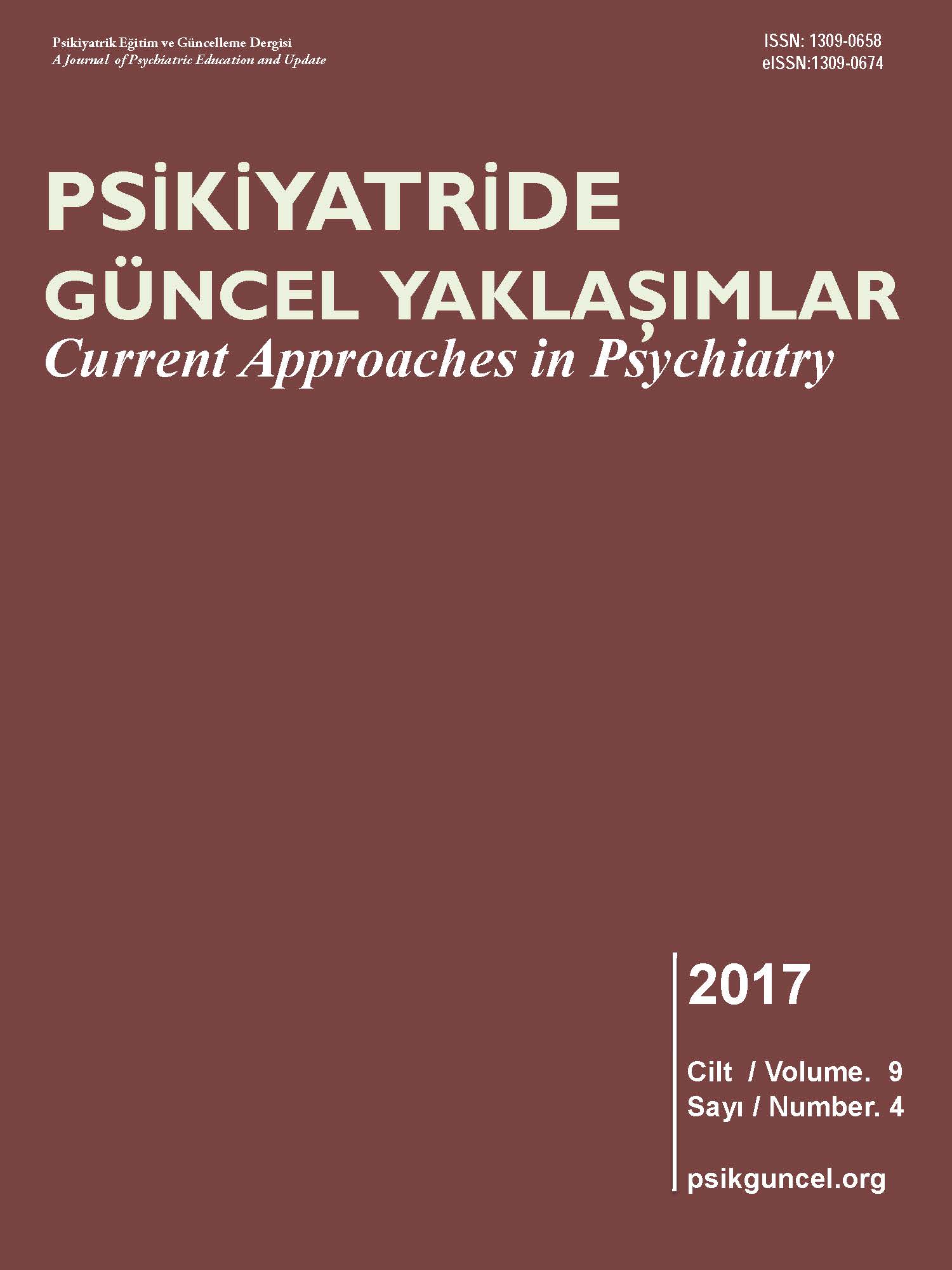
This article discusses the relationship between internet addiction, which is a widespread problem, and ethical action and sensitivity changes that are expected to arise due to usage of internet and virtual world. It is aimed to demonstrate that moral development stages and ethical actions can change in the light of evaluation of differantiation of communication in the internet and virtual world from the actual social life. Furthermore, factors such as uncontrolled action and facilitation of accessibility to pleasure have been theoretically shown to facilitate internet dependency.
More...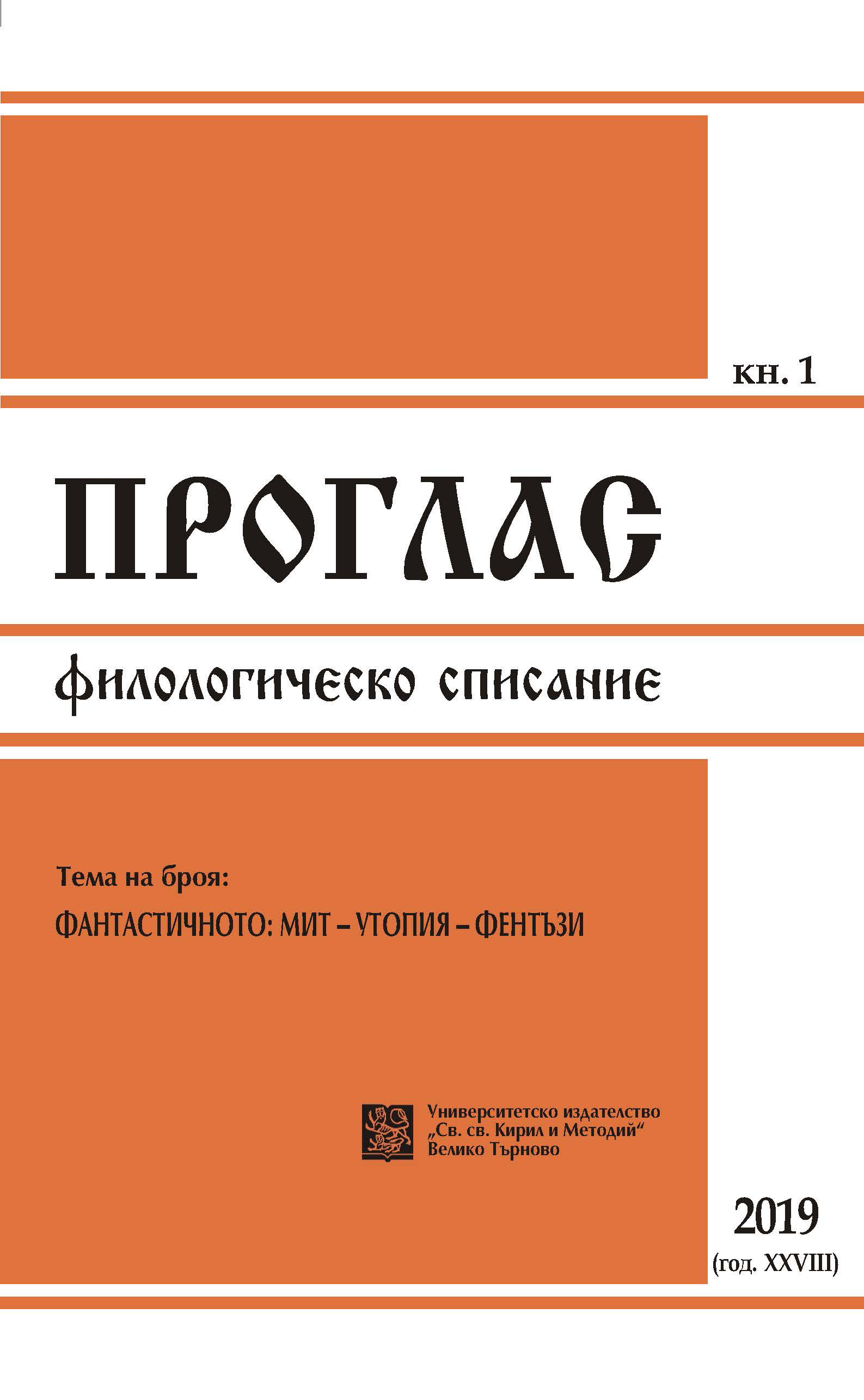
In this paper, when I use the concept of ‘early Christian literature’ I mean the body of texts from Late Antiquity and Early Middle Ages that affects the controversies around the issue of God’s Grace and the role of free human will in the context of making a choice in a strict ethical sense. For that reason, firstly, here I analyze the problems that arose with relation to the doctrine of Pelagius. Secondly, in this paper, by ‘recent receptions ofthis early Christian literature in Bulgaria’ I mean those receptions – in a theological, literary, and ethical sense - that we encounter in current studies of Christian Latin literature done by the promising young researcher Rosen Milanov. Thirdly, the present study attempts to answer the question of the ethical connotations of those same receptions in the present-day moral controversies in Bulgaria – a country rich in conservativeviews of Eastern Orthodox nature, concerning contemporary ethical issues such as those related to the ratification of the Istanbul Convention last year. In this way it may be possible to obtain a more clear outlook on how such distant historical events as the Pelagian controversy about the value of free moral choice could still influence the modification processes in the sociocultural layers of modern Bulgarian society with its Eastern Orthodoxheritage.
More...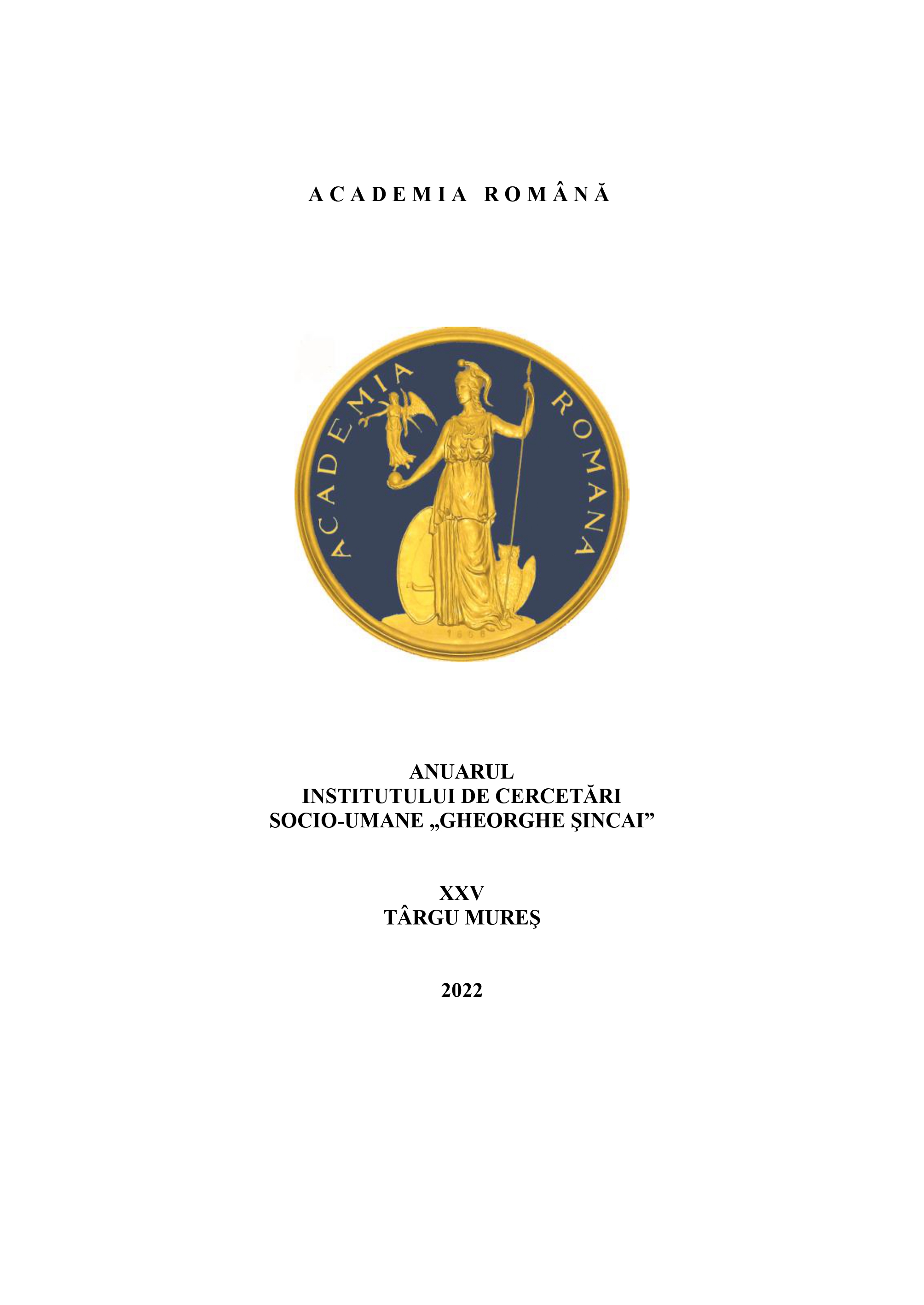
As a crossing point of the ideological options, of ethnic issues and confessional confrontations, the Romanian culture seems to obey the alternating rhythm of the historical loss of memory and, at the same time, of the anamnesis. On this background, the present times always appear as being doubtful, always menaced. Such tearing proved to be advantageous to the proliferation of many ideologies which found the ideal scene for materialization. Thus, the literary ideologies appear as natural reflexes to this kind of tectonics. In fact, there is not any specifically Romanian in all these phenomena. Ruptures have always been instrumented and used in ideological battles everywhere on the earth.
More...
Napaść Rosji na niezależną Ukrainę, zbrodnie rosyjskie popełniane na terenach okupowanych i konieczność opuszczenia kraju przez miliony mieszkańców Ukrainy to wydarzenia bezprecedensowe w powojennej historii Europy.
More...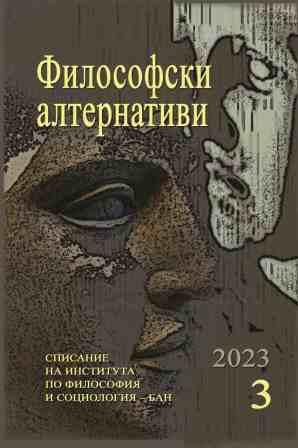
Benjamin Franklin brought forward the principles of natural law and morality as the main element in judging the particular acts of human behavior and which of his actions are right or wrong, good or harmful to others around them. His view of democratic citizenship is at the heart of creating a democratic society in which questions of the citizenship, the federalism, the constitutional government, the role of civil association, and religious freedom are freely debated. He introduced the rationality in the actions, and the skepticism in planning and implementation, not only in politics but also in life as at the base of the pyramid of prescriptions stand virtues as a manifestation of high intelligence. He was the statesman at the heart of the formation of the young American nation's mentality, and some of his thoughts gave rise to the most powerful economy in the world. For many, Franklin is in many ways an exceptional historiographical case, encompassing the global emergence of political economy and at the same time codifying a typically capitalist ethos.
More...
This article is intended as an essay about love. I regard love as one of the wonders of the world, as the most beautiful and great human feeling – an expression of the innermost experiences of the human heart and human soul.
More...
The Authors discussed the basic truths of Pope John Paul II’s personalistic philosophy, upbringing in the light of the philosophy of christian personalism and the significance of educational values in the Pope’s teachings. Material and methods: An analysis of chosen doctrines connected with health. The analyses used documents and teachings of John Paul II, bishop and professor Karol Wojtyła’s papers on ethics and other papers on the teachings of the Pope. Results: The Pope saw the task of rasing the young generaton in conveying the proper hierarchy of values, with health seen as a gift, appreciation for it as respecting it in every person and multiplying it as a common and personal good. Conclusions: John Paul II accentuated the dignity of every person, and build upon it the notion of health in a perspective of salvation, inseparable from spiritual and moral health. The Pope incorporated health in the strict hierarchy of christian values.
More...
The study aims to determine the essential criteria for assessing the compliance of the editorial policy of a scientific journal with the principles of publishing ethics and academic integrity. The research methodology uses the content analysis method. By this method, the content of the websites of "A" category scientific journals in social communications from the List of scientific professional editions of Ukraine as of October 1, 2022, has been analysed. The research also involves the use of methods of generalisation and grouping to determine the criteria for assessing the completeness of the information presentation of the editorial policy regarding publication ethics and prevention of unethical practices. The information content of the websites of scientific journals indicates thematic proximity but not the identity of the way of declaring the editorial policy regarding publication ethics and academic integrity. Emphasis on specific aspects of the editorial policy is a manifestation of the formation of the individual vision of the journal's editorial board of the concept of a quality scientific publication in line with generally accepted international standards. The novelty of the obtained results is in the definition of information blocks that serve as criteria for evaluating the completeness of the information presentation of the editorial policy regarding publication ethics and the prevention of unethical practices. These include the principles of publishing ethics, the review policy, and the policy of combating unethical practices. Conclusions. The widespread distribution of norms of publication ethics and academic integrity on the websites of scientific publications creates a single information field of requirements for participants in the publication process. The identified criteria for the completeness of the information presentation of the editorial policy in the field of publishing ethics determine the guidelines for the development of the content of the websites of new journals, as well as the transformation and adaptation to the modern requirements of already existing editions. The availability of detailed information on the principles of publishing ethics, review policy, and counteraction to unethical practices policy will increase the level of awareness and literacy of all participants in the publishing process: authors, editors, reviewers, and consumers of scientific information.
More...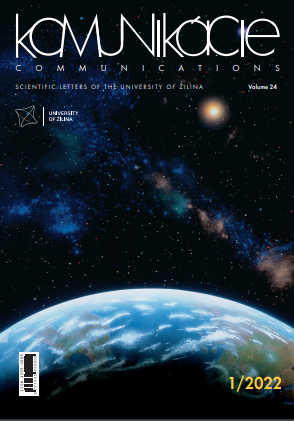
Ethics is one of the themes of educational sciences. Its position is in disciplines such as the history of pedagogy, philosophy of education, the theory of education, general pedagogy, didactics, andragogy or adult education, special pedagogy, research methodology of educational sciences, school legislation and other. Ethical norms were influenced by ideology in the Czech and Slovak environment before 1989. Ethics in educational sciences have gradually been revised after 1989. The presented paper focuses on the analysis of scientific texts on research methodology of educational sciences (pedagogy, andragogy or adult education, special pedagogy), dealing with research ethics and published in publishing houses of nation-wide distribution (Grada, Karolinum, Paido, Portal) in 1990-2015. Examined are ethical aspects of both quantitative and qualitative researches with regard to the development of contemporary global as well as local society.
More...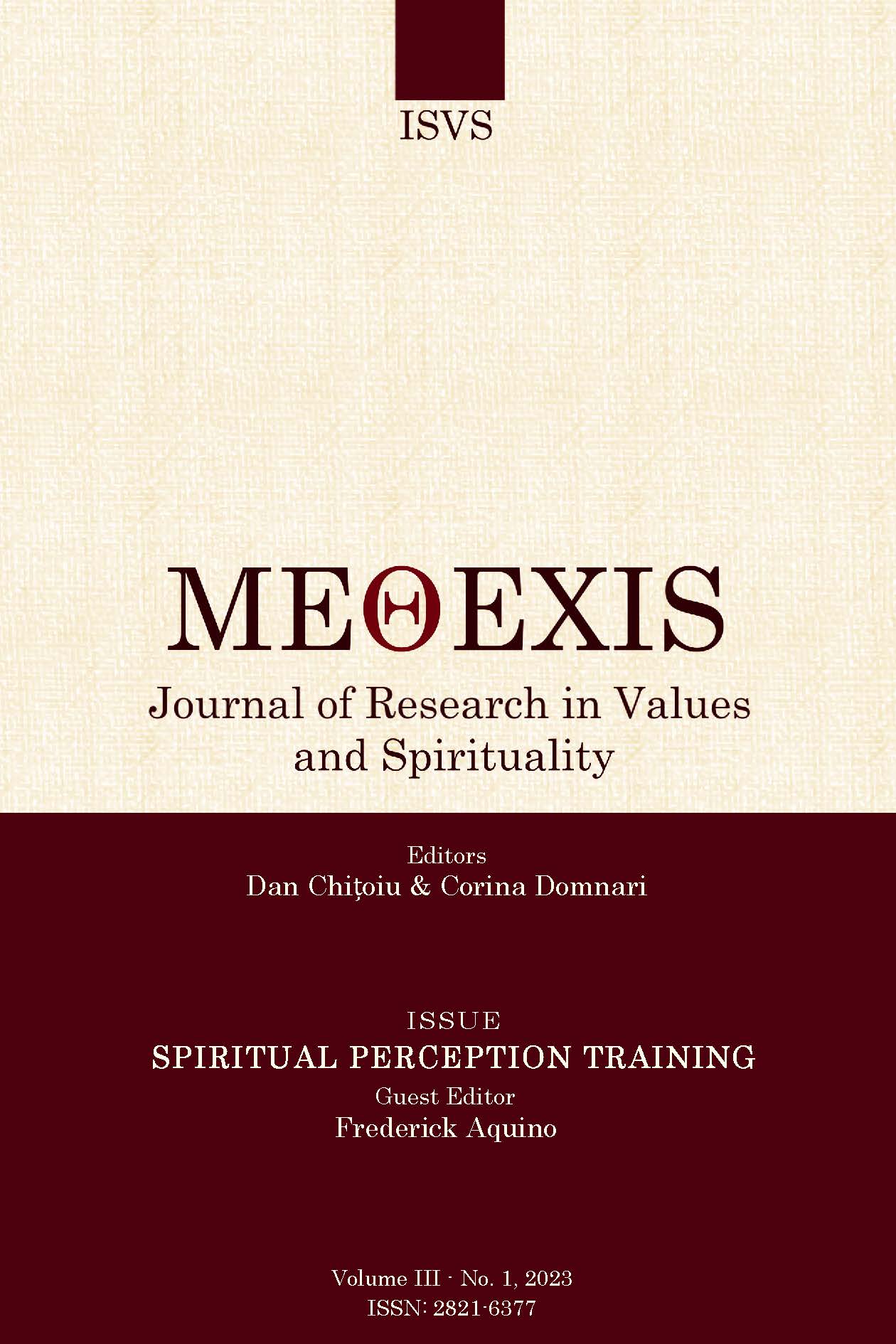
In the modern age, religion and spirituality stood scrutinised and criticized. We agree that all criticisms and negative evaluations have a thought-provoking value. We agree too that people can make of their spiritual convictions an idle and unproductive force in their lives, if they choose to do so. On the contrary, if they so decide, they can make of it the strongest motivating force in the world. A spiritual outlook can generate a deep sense of responsibility for addressing the current problems of the world, like the increase of violence and corruption, economic imbalance, aggravation of poverty, ecological disaster, damage to cultures, erosion of ethical values, poor governance, biased media, harassment of minorities, gender bias, and others.
More...
The life of Naomi and Ruth, calls for a re-thinking in feminine studies. At a stage in their lives, there was no breadwinner. They both lost their husbands as mother-in-law and wife respectively but have to keep up with life activities. Life almost became worthless to them as they had zilch to live on. To salvage the situation and survive however they both used their natural feminine propensities, and acumen. This paper attempts to examine how operative their insight and inclination were. It relates it to Albert Banduras theory on ‘self-efficacy’ and as interpreted by different scholars as regards women on career choice and activities in relation to situations around and expected successes. It traces out implications of their actions for survival of women; most especially African career women in the contemporary churches. It interviews Christian women of different careers from the northern, south-south, south-eastern and south-western part of Nigeria to gather information on their career pursuit which helps to determine the relevance of the propensity of the duo.
More...
The article is devoted to understanding cultural trauma as a biopolitical concept. Biopolitics is presented as a system of certain strategies in relation to human corporeality, the basis of which is the economic power of capital. The key concepts conceptually included in the semantic field of biopolitics - bare life, homo sacer, state of exception and others - are considered. Cultural trauma is comprehended on the basis of understanding the specificity of a victim in contemporary culture. The discourse of trauma transforms sacredness into grief, guilt and resentment. Accordingly, the victim unites the collective body not through purification, but through involvement in violence as a traumatic event. The sacrifice is conceptualised as a biopolitical tool, contradictorily suggestive of humanist pathos and biopolitical exploitation.
More...
This paper aims at presenting the way in which a scientist manages to use his knowledge not only as a doctor but also as a writer in presenting the story of his life in such a way that he succeeds in touching the heart of the reader. By making use of both specialized and non-specialised medical vocabulary in presenting the hardships of his life, the writer will end up in encouraging the reader and make him prepared to overcome any hardships.
More...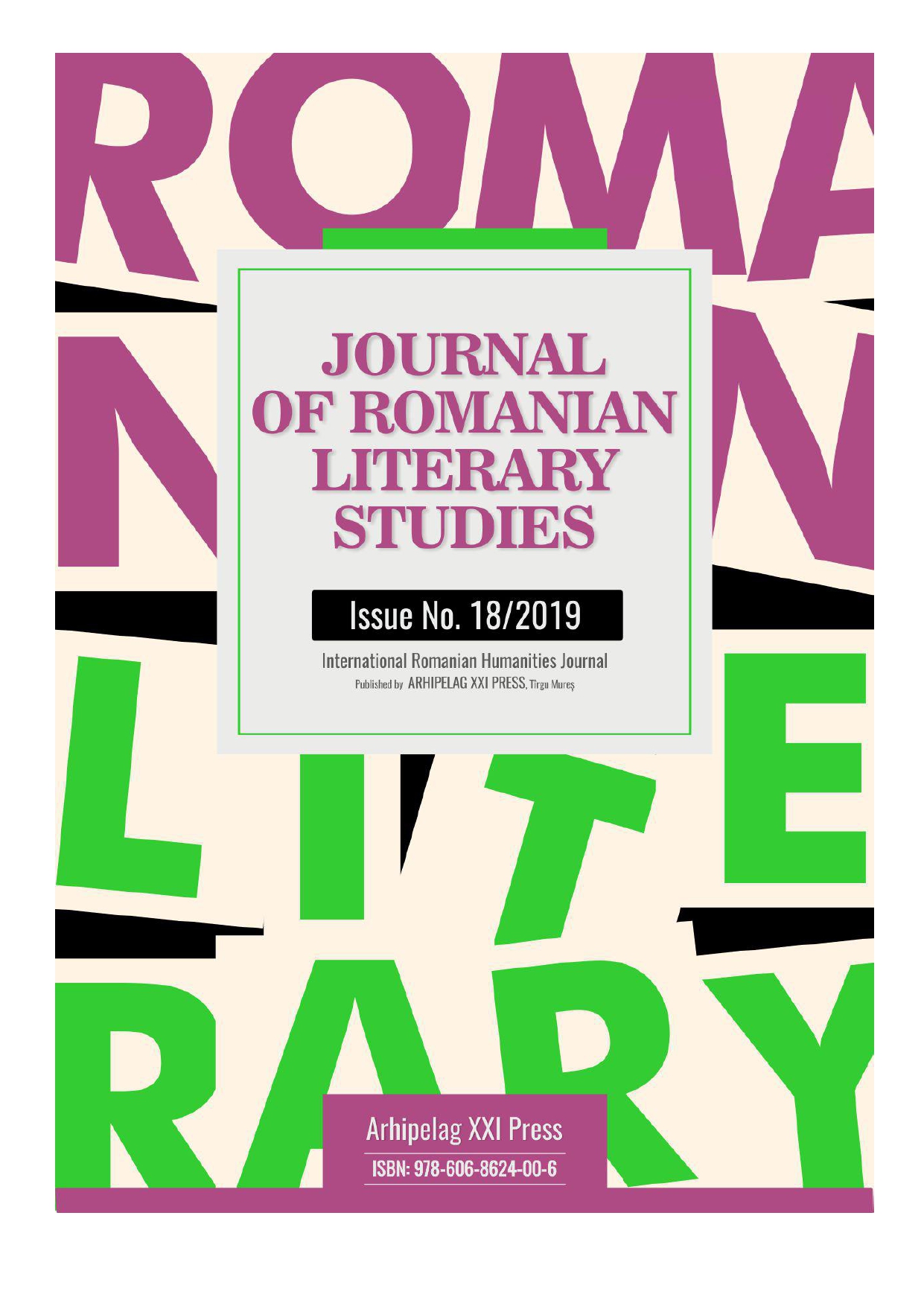
One of the problems of Romanian ancient and medieval history is the poverty of narrative sources. Hadrian Daicoviciu, in his work The Dacians, showed that many pages were missing from the great book of Geto-Dacian history. The absence of these pages pertains to us because for many centuries we did not have a written culture. There was no concern in our mentality for elevated forms of manifestation of culture, for the generalization and development of education. However, in the epochs to which we relate, we have information that there were schools, that writing existed and was practiced, and the value of the Romanian folk literature, of our traditions and the beauty of the popular costume cannot be disputed by anyone.
More...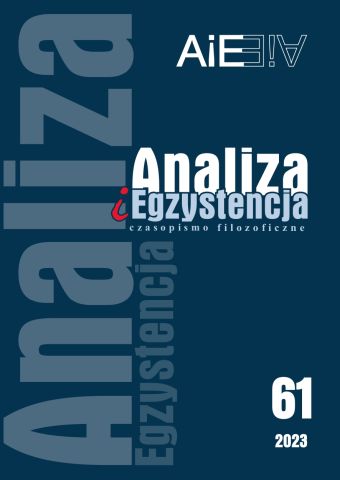
In the 1990s, a debate about the race began in the United States, in which many philosophers are involved. In philosophy, this debate has become known as the metaphysics of race. The aim of this article is to outline positions that have formed in the area of the metaphysics of race as a separate, mainly American, current of philosophical thought – realism (naturalistic and constructivist) and anti-realism – and to indicate the most important arguments invoked by their most outstanding proponents to justify their metaphysical positions, as well as the counter-arguments of their opponents. The article also discusses the normative aspect of this dispute, very important from the moral and social point of view, listing two main positions on this level: eliminativism and conservatism regarding the presence of racial terms and concepts in public discourses. In the final parts of the article, the relations between metaphysical positions and normative directives formulated by the participants of the debate are considered, and critical arguments concerning the philosophical value and social importance of this trend of thinking are presented.
More...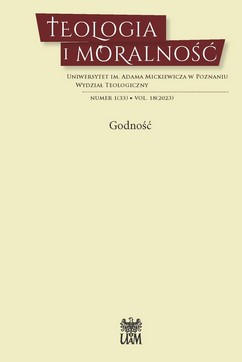
The article presents the religious ritual that is the rite of the sacrament of baptism as a means of forming moral values and attitudes. The purpose of the presented research is an attempt to show the formative character of the baptismal ritual and its communicative character, which become apparent through the analysis of the individual components of the baptismal rite. The synthesis made allows for a better understanding of the individual signs, which evoke the specific content of the Christian message of conversion and call for a more conscious following of the path of faith.
More...
The purpose of this review article is to critically discuss and comment on the contents of the monograph entitled Integralność ciała ludzkiego jako powinność moralna. Przesłanie moralne Kościoła [The integrity of the human body as a moral obligation. The moral message of the Church], which, edited by K. Smykowski, appeared on the publishing market in 2022. In the reviewed publication, two basic meanings in which we can talk about the dependence mentioned in the title of the monograph are brought closer and analysed. The article shows how the principium of the integrity of the human body finds application in theological and moral anthropology, bioethics and in many other practical disciplines of knowledge, such as canon law, catechetical pedagogy, homiletics and social sciences.
More...
W czerwcu 2022 roku przypadła 25. rocznica wizyty Jana Pawła II w Sanktuarium św. Józefa w Kaliszu, do której doszło w trakcie szóstej podróży apostolskiej papieża do Polski w 1997 roku. Przygotowana na tę okazję homilia jest jedną z najważniejszych wypowiedzi Karola Wojtyły jako biskupa Rzymu skierowanych bezpośrednio do polskiego społeczeństwa w sprawie obrony życia nienarodzonego dziecka spośród wszystkich jego przemówień wygłoszonych w ojczyźnie.
More...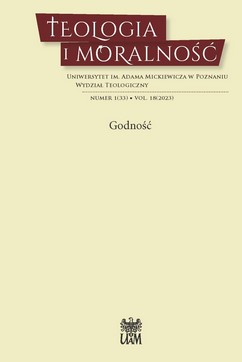
The article presents biological, social and technological-cultural evolution and biological-technological and purely cultural evolution. The last two are accompanied by the ideology of transhumanism and their basis is the new integrated technologies used in the current fourth industrial revolution and the planned fifth. Transhumanism seems to be replacing the traditional humanities. It aims to affirm the technicisation of inorganic and biological structures, including the human being, first bionised, then cyborgised and finally virtualised. The natural and social environment is to be technicised. Ontic and ethical problems arising in the face of the symbiosis of natural and technical entities are pointed out.
More...